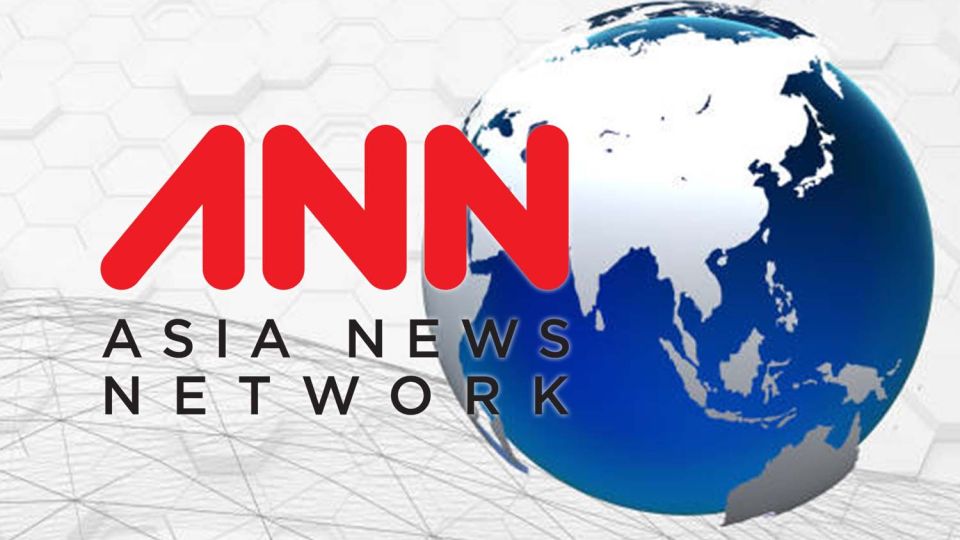October 7, 2024
JAKARTA – Next week, the leaders of Southeast Asian nations will gather at the 2024 ASEAN Summit in Vientiane, which also will be attended by leaders of ASEAN dialogue partners. This summit is a chance for ASEAN to highlight its role in the region.
ASEAN has always aimed to play a key role in boosting economic cooperation, maintaining regional stability and advancing the interests of its members. With the current geopolitical shifts driven by competition between major powers, asserting this central role has never been more important.
If ASEAN fails to do so, it risks becoming a bystander while outside powers shape the region’s future. Losing this central role could also lead to deeper fragmentation among ASEAN countries, as some nations might align more closely with great powers.
One of the platforms that ASEAN needs to strengthen to enhance its central role is the Regional Comprehensive Economic Partnership (RCEP), the world’s largest and most ambitious trade agreement, covering 15 countries with a combined GDP of almost US$30 trillion. Initiated and led by ASEAN, the RCEP potentially positions ASEAN as a hub of economic growth, cooperation and integration in the Asia-Pacific region.
Unlike other trade agreements, the RCEP is designed with institutional support to carry out and monitor the implementation of commitments. This includes a joint committee of senior officials, regular ministerial meetings and also meetings at the leader level, in addition to secretariat support. This institutional structure allows RCEP member countries to mutually set the direction of the agreement on a regular basis and strategically to promote greater integration in the region.
Despite its potential, there are signs that enthusiasm for the RCEP among some ASEAN countries is declining. Indonesia, which first pushed for the RCEP talks in 2011, only started implementing the agreement in early 2023 after long debates at the House of Representatives.
Concerns loomed back then that the agreement might increase imports while many local businesses were not ready to face new competition or have the capacity to join global value chains. The Philippines faced similar challenges, making the agreement effective only in July 2023.
The utilization of the RCEP in ASEAN countries’ trade is also quite low—making up less than 1 percent of their trade with RCEP members. While this is partly because the RCEP offers low margin preferential tariffs compared with other ASEAN trade agreements, it also shows that ASEAN countries may not yet see much benefit in using it to support regional supply chains.
Many governments have also struggled to effectively implement other parts of the RCEP due to their limited capacity.
Progress on commitments beyond trade in goods has been sluggish. Many ASEAN countries are struggling to adopt a “negative-list” approach in services trade, which allows greater openness. Investment commitments have also been limited, as they use a mixed approach that combines positive and negative lists, along with too many exceptions.
Setting up the institutional support for the RCEP has also been delayed, taking over two years after signing to agree on this basic structure.
Meanwhile, ASEAN’s dialogue partners have become more active in promoting the RCEP. China, for example, has promoted the RCEP as an important platform for cooperation with ASEAN members. This is partly because the RCEP is the only region-wide initiative in which China has involvement.
But similar attitudes can be observed in other partners. For instance, the RCEP was mentioned as one of the important ASEAN initiatives that Australia supported during the 2024 ASEAN-Australia Special Summit.
To maintain its central role, ASEAN needs to take a more active approach in promoting the RCEP and use it as a strategic tool. By doing so, ASEAN can make sure that the interests of all its members are prioritized.
Being proactive will not only bring economic benefits but also strengthen ASEAN’s unity against outside pressures. ASEAN’s ability to shape and direct the RCEP will be key to keeping its relevance in the changing regional landscape.
ASEAN should make full use of the RCEP to strengthen its role as a regional supply chain hub. For example, Malaysia and Indonesia, as major producers of palm oil and other resources, could use the RCEP to secure supply chains with important markets like China, Japan and South Korea.
Singapore, as a financial and logistics hub, too, can help facilitate trade and investment flows within the RCEP framework. By positioning itself at the center of regional supply chains, ASEAN can boost its economic influence and strengthen its central role.
The RCEP should not just be regarded as a mere trade agreement; it should also be used to build partnerships in areas like the digital economy, sustainable development and innovation.
Economic cooperation under the RCEP has the potential to go beyond basic support and training. It could provide a framework for deeper cooperation through sharing experiences, which could also lead to political cooperation. By using this platform well, ASEAN could strengthen its ability to build consensus and support its centrality.
The RCEP represents a major opportunity for ASEAN to reinforce its central role in the Asia-Pacific region. However, to fully benefit from it, ASEAN needs to take active steps to ensure the agreement is properly implemented, strengthen supply chain links and build strategic partnerships.
The recent announcement of the creation of the RCEP Support Unit during the third RCEP Ministerial Meeting is a positive step that ASEAN and its members must follow up on to accelerate the progress of the RCEP and to elevate ASEAN centrality.


